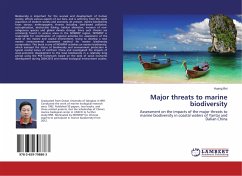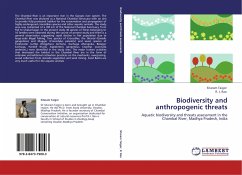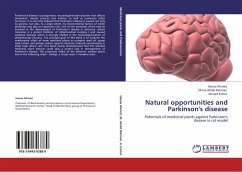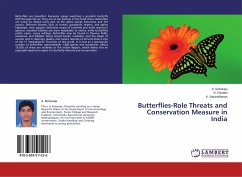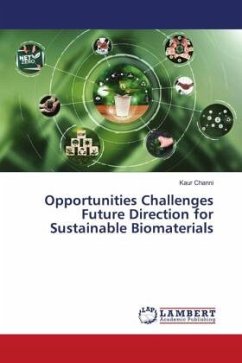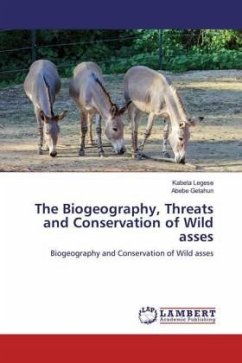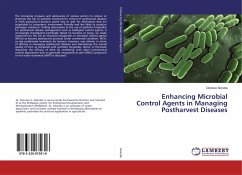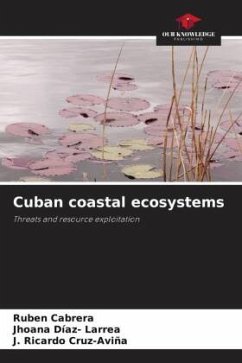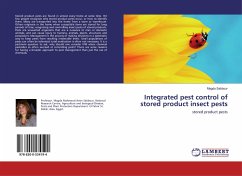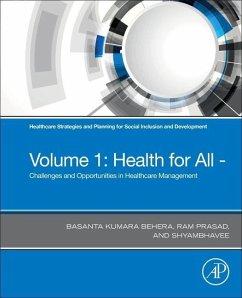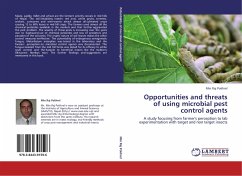
Opportunities and threats of using microbial pest control agents
A study focusing from farmer's perception to lab experimentation with target and non target insects
Versandkostenfrei!
Versandfertig in 6-10 Tagen
32,99 €
inkl. MwSt.

PAYBACK Punkte
16 °P sammeln!
Maize, paddy, millet and wheat are the farmers' priority cereals in mid hills of Nepal. The soil inhabiting insects- red ants, white grubs, termites, crickets, cutworms and wire-worms attack almost all cultivated crops causing 12 to 60% losses in mid hill crops. The farmers used almost all the chemical pesticides available in the markets and that further aggravated the pest problem. The severity of those pests is increasing over the years due to haphazard use of chemical pesticides and loss of predators and parasites of the soil pests. The cryptic nature of soil insects makes the other control...
Maize, paddy, millet and wheat are the farmers' priority cereals in mid hills of Nepal. The soil inhabiting insects- red ants, white grubs, termites, crickets, cutworms and wire-worms attack almost all cultivated crops causing 12 to 60% losses in mid hill crops. The farmers used almost all the chemical pesticides available in the markets and that further aggravated the pest problem. The severity of those pests is increasing over the years due to haphazard use of chemical pesticides and loss of predators and parasites of the soil pests. The cryptic nature of soil insects makes the other control measures ineffective. The potentiality of endogenous antagonistic fungus, Metarhizium anisopliae was tested in the laboratory and the farmers perception on microbial control agents was documented. The fungus isolated from the mid hill farms was tested for its efficacy to white grub control and the hazards to beneficial insects like the mulberry silkworms- Bombyx mori. The further findings and suggestions are mentioned in this book.



